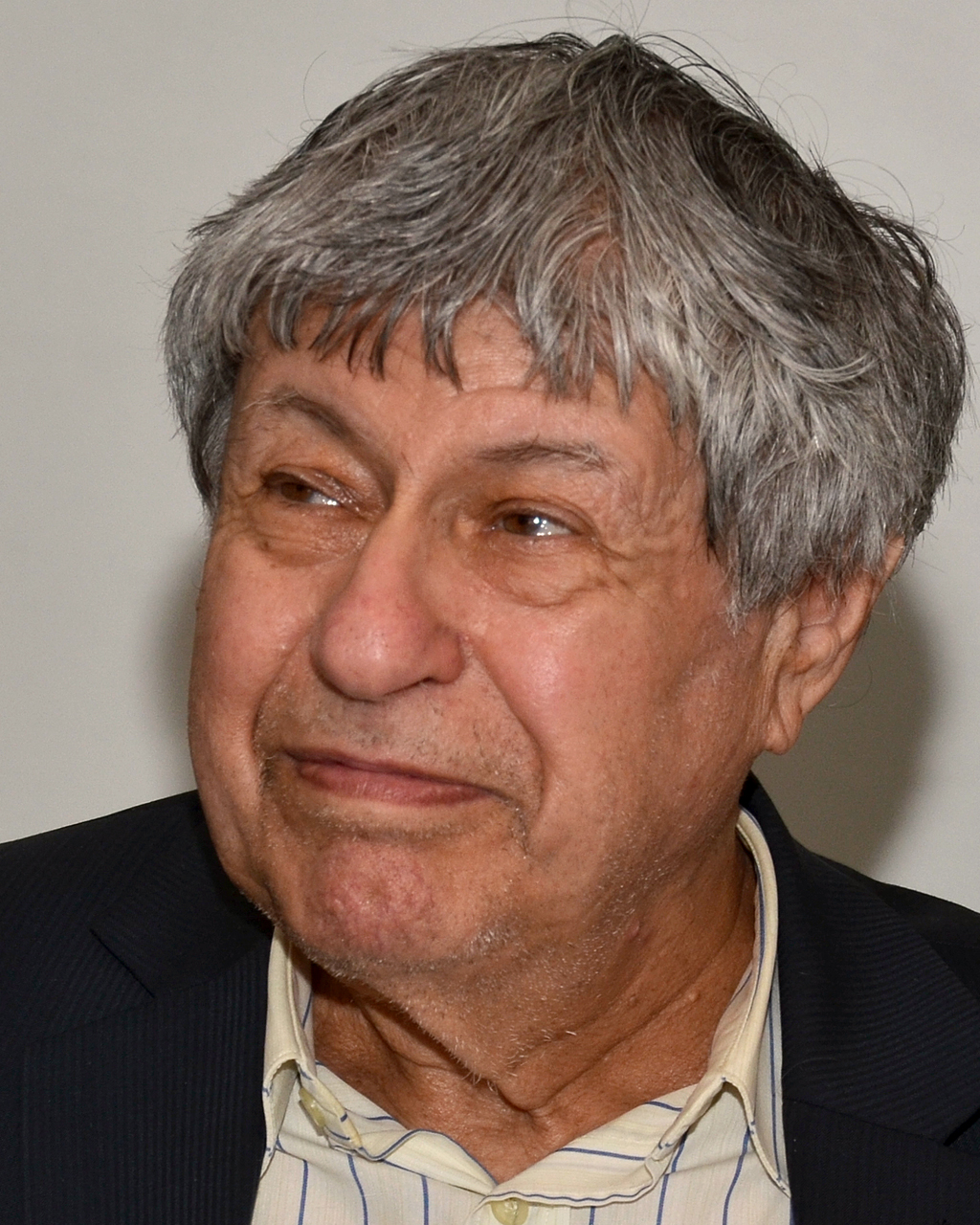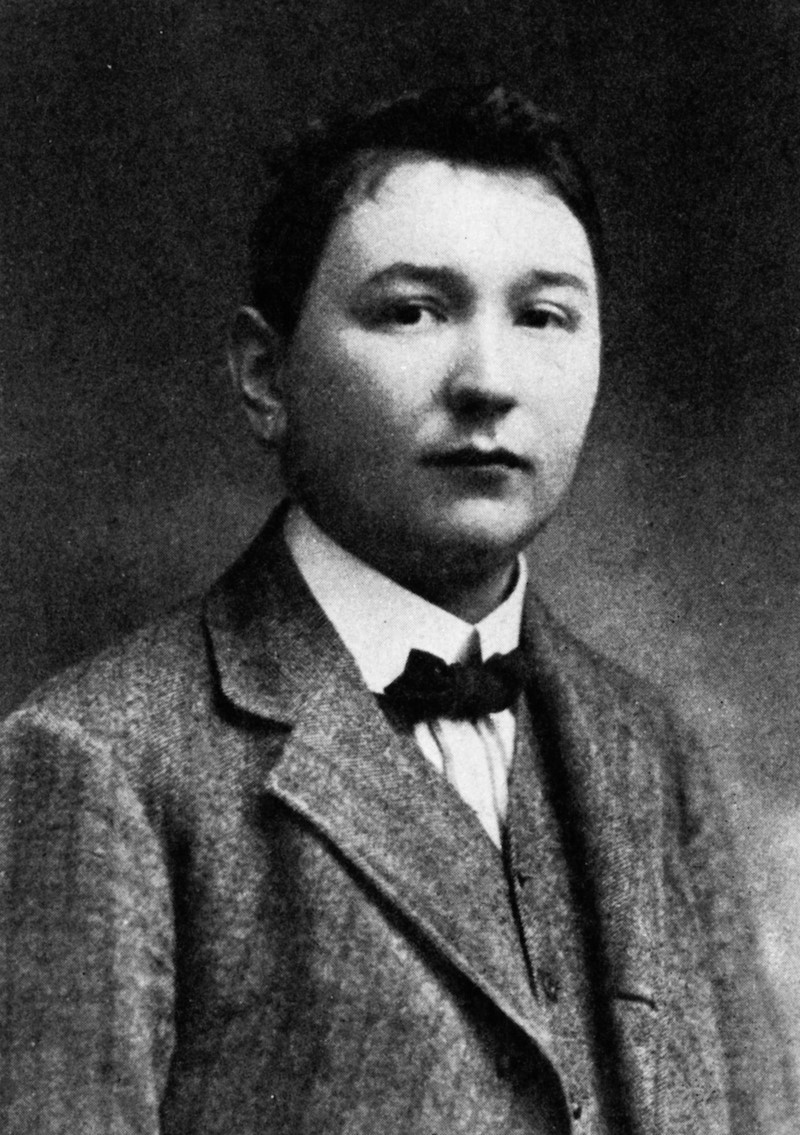Experience the beauty and mystery of Bohemia through our expert guide with the best Czech authors and their most highly regarded works.
Nestled between Germany, Poland, and Austria, the Czech Republic is a picturesque country rich in culture and tradition. Prague’s largest city has long been a muse for writers, musicians, and artists. Perhaps the baroque architecture, the winding streets, and the endless cafes make the “City of a Hundred Spires” such an inspiring place for creative souls.
The Czech Republic most certainly has a storied past. The country was at the heart of both world wars, and soon afterward, it fell into decades of communist rule. This political turmoil has played a significant role in the daily lives of its citizens and is a major influence on the nation’s literature.
Many of the nation’s novels, poems, and plays are colored by the aftermath of war, the search for meaning, and the moral gray areas involved in survival. Reading the most highly regarded Czech novelists is a great way to gain insight into this beautiful and complex country’s history, culture, and mindset.
Contents
Here Are The 7 Best Czech Authors
1. Franz Kafka, 1883 – 1924

No discussion of Czech literature would be complete without mention of the nation’s most well-known writer, Franz Kafka. He was the 6th born son of German-speaking, middle-class Jewish people who struggled to reconcile his relationship with his overbearing father throughout his life. Kafka’s mother was educated and industrious, often leaving him in the care of servants while she worked long hours at his father’s store.
Kafka was a studious child and performed well at school. He earned a law degree and later worked in insurance, which he considered a necessary evil, to pay the bills. After work, Kafka would spend hours amusing himself by writing stories, but he was not widely published until after his death. Many believe that Kafka suffered from depression and social anxiety. Riddled with self-doubt, he burned more than 90% of his work before succumbing to tuberculosis in 1924.
Scholars frequently describe Kafka’s work as a category all its own. “Kafkaesque” now describes any work that is similarly absurd yet sardonic and stark. Arguably his most famous short story, The Metamorphosis, describes the experiences of a young salesman who wakes up one morning to find that he has inexplicably become an insect.
“I cannot make you understand. I cannot make anyone understand what is happening inside me. I cannot even explain it to myself.”
Franz Kafka, The Metamorphosis
2. Milan Kundera, 1929 –

As a child, Milan Kundera developed an appreciation for music from his father, a pianist and the head of a prestigious music school. In addition to musicology, Kundera also studied literature, film direction, and script writing. In his teens and early twenties, Kafka was a member of the communist party, though he was outspoken about what he felt were necessary reforms.
His remarks made him a target, and he eventually fled to France. The Czech government revoked his citizenship in 1979 and restored it in 2019. He continues to live in France, though he does occasionally make an incognito visit to see friends and family living in The Czech Republic.
Kundera’s most well-known novel, The Unbearable Lightness of Being, is an epic, existential masterpiece that considers oppression and repression through the lives of four intertwined characters living through a period of political unrest known as The Prague Spring. The characters grapple with their desire, betrayal, and search for meaning while their country is deeply divided over how their government should function.
“In the sunset of dissolution, everything is illuminated by the aura of nostalgia, even the guillotine.”
Milan Kundera, The Unbearable Lightness of Being
3. Ivan Klíma, 1931 –

Klíma was a happy seven-year-old boy living in Prague when the Nazis invaded during World War II. A few years later, he and his family were sent to Terezin, a concentration camp, where they would remain for three long years. Miraculously, they survived, but the experience would become a significant factor in his writing. Klíma says that despite the terror and misery that he experienced in the camp, it was also there that he discovered the “liberating power of writing” and experienced the rich tradition of oral storytelling.
When the war ended, Klíma joined the communist party and was optimistic that things would improve for his country. Unfortunately, he soon discovered that they had only traded one frightening totalitarian regime for another. From these experiences, he draws the themes in his major works – the depths of human depravity and the struggle to maintain one’s integrity in the worst circumstances.
Klíma wrote one of his most highly acclaimed novels, Love and Garbage, in response to Kundera’s Unbearable Lightness of Being, which he considered misogynistic and cynical. It is the story of a dissident artist who works as a garbage collector and finds himself embroiled in a complicated love triangle. It is a shrewd portrayal of love, betrayal, and, ultimately, the interconnectedness of humanity. To gain more insight, read novels from the best Jewish authors in our guide.
“To destroy is easier than to create, and that is why so many people are ready to demonstrate against what they reject. But what would they say if one asked them what they wanted instead?”
Ivan Klima, Love and Garbage
4. Bohumil Hrabal, 1914 – 1997

Bohumil Hrabal was born to a young unwed mother in Austria-Hungary. For the first few years of his life, he was primarily raised by his grandparents, who were living in the Czech Republic. When Hrabal was three, his mother remarried, and the family continued to reside in Nymburk, a province in the country’s Bohemian region.
Hrabal was a bright young man, though he struggled with his schooling. Eventually, he earned admission into a law program at Charles University in Prague. However, his studies were interrupted when Czech schools were shut down during World War II. In the interim, Hrabal worked at a train station as a stage director, a manual laborer in a steel factory, a paper packer, and a traveling salesman. His experiences in these professions and those who worked alongside him became fodder for his poetry and novels.
As a writer, Hrabal is known for his long, elaborate sentences and his often comedic portrayal of life’s moral ambiguities. He often writes with biting, dark humor about social misfits and simple folk who are determined to enjoy life despite their tragic circumstances. One of Hrabal’s most well-known novels, Closely Watched Trains, won an Academy Award for Best Foreign Film in 1968.
“I, who had always been accustomed to solitude, felt the whole world close in on me as soon as we entered the town. The only times I’ve been able to breathe freely, ever since, were when I was able to get out of it.”
Bohumil Hrabal, Closely Watched Trains
5. Jaroslav Hašek

Jaroslav Hašek was, from an early age, a bit of a character. Though he made good grades at school, he was expelled at 15 for his ongoing antics and refusal to comply with school rules. He began working for a druggist and attended business school at night, eventually graduating with honors. While working as a banker, he published 40 short stories by the time he was 21 years old.
Hašek was a prolific writer and well-known for his erratic and spirited nature. He was a frequent visitor to the pubs and was arrested several times for such crimes as vandalism and assault on a police officer. He also fought in the First World War and was imprisoned in a Russian camp. There he became involved with the communist party.
Hašek is best known for his novel The Good Soldier Šveck, which has been translated into more than 60 languages. The novel’s loveable main character, Šveck, frequently misinterprets orders with hilarious and often ironic results. This darkly witty novel is a biting indictment of war, military leadership, and bureaucracy.
“Jesus Christ was innocent too,’ said Svejk, ‘and all the same they crucified him. No one anywhere has ever worried about a man being innocent.”
Jaroslav Hašek,The Good Soldier Šveck
6. Hana Andronikova, 1967 – 2011

Hana Andronikova was born in Zlín, a uniquely cosmopolitan city in the Czech Republic. Adronikova studied Czech and English at Charles University in Prague and became a successful entrepreneur and international business manager after graduating. For Andronikova, however, working in the business sector was, though lucrative, not personally rewarding. She quit her job and spent the next two years writing her first novel.
Completing a novel changed Androkova’s life. She divorced her husband, began traveling, and devoted herself full-time to building a writing career. Though her young life was cut short by cancer, her two award-winning novels, poetry, and short stories are important to modern Czech literature.
Androkova’s internationally acclaimed, sweeping debut novel, Sound of the Sundial, spans nearly a century and takes place on three continents. Through the poignant love story between a Jewish teacher and a German Czech builder, Androkova explores the cultural history of The Czech Republic and its diverse people.
“It seemed strange to think I could find something new, some missing piece of the jigsaw puzzle in a place I had been so many times before.”
Hana Andronikova, Sound of the Sundial
7. Petra Hulová, 1979 –
Petra Hulová was ten years old when what would become known as the Velvet Revolution broke out in her hometown of Prague. She recalls marching along with her mother, swept up in the enthusiasm but not quite comprehending what was happening or how this moment would alter her future. These weeks of protest would soon end the 41-year rule of the Communist party, paving the way for young writers like Hulova to usher in a new era of Czech literature.
After graduating with a degree in culture, language, and anthropology, Hulová spent a year in Mongolia. Her experience there inspired her first novel; All This Belongs to Me. Hulová has since written seven more novels and three plays. Her work has been translated into 13 languages and earned numerous literary awards. Hulová is also a frequent commentator for Czech news outlets.
All This Belongs to Me is a generational saga that follows 5 Mongolian women from the same family. It is a story built on fault lines – the places where generations converge, government systems change, rural gives way to urban, and cultures collide. Surviving their precarious circumstances will cost these women and test the ties that bind them. Looking for more? Read our round-up of the best political authors!
“I’m not the most sensitive woman, but my heart isn’t made of stone either. I only know things are right or wrong, regardless of a woman’s tears.”
Petra Hulová, All This Belongs to Me